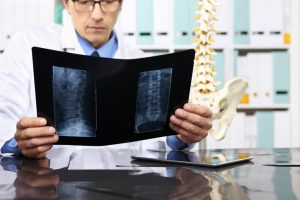
Osteoporosis causes bones to become weaker, which increases the risk of fractures. Bone fractures in older age can contribute to loss of independence along with other health complications.
Task force member Chien-Wen Tseng explained, “Without screening, most women won’t know that they have osteoporosis until they have a fracture. Screening and treatment can help prevent these fractures. Based on the evidence, we recommend screening for women over the age of 65 and younger women who have been through menopause and are at increased risk for osteoporosis.”
As of now, the Task Force suggests there is lack of evidence to support if men should also be screened to prevent osteoporosis-related fractures, as case studies of male osteoporosis are far fewer. But both men and women should continue to work on building strong bones and muscles as they age to reduce their risk of fractures and other injuries.
Risk factors for osteoporosis include smoking, older age, being female, excessive alcohol consumption, a family history of osteoporosis, family history of bone fractures in older age, body mass index below 20, long-term use of steroids, and having a chronic inflammatory condition like rheumatoid arthritis or lupus.
Living a healthy lifestyle that includes a calcium-rich diet and weight-bearing exercises may help reduce your risk of osteoporosis.
Also read:
- Osteoporosis diet plan: Foods to eat and avoid
- Can osteoporosis be reversed? 12 natural ways to treat osteoporosis